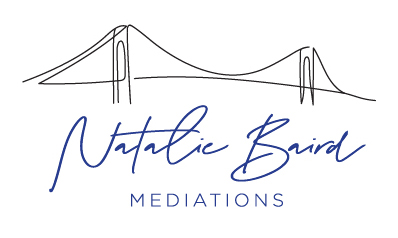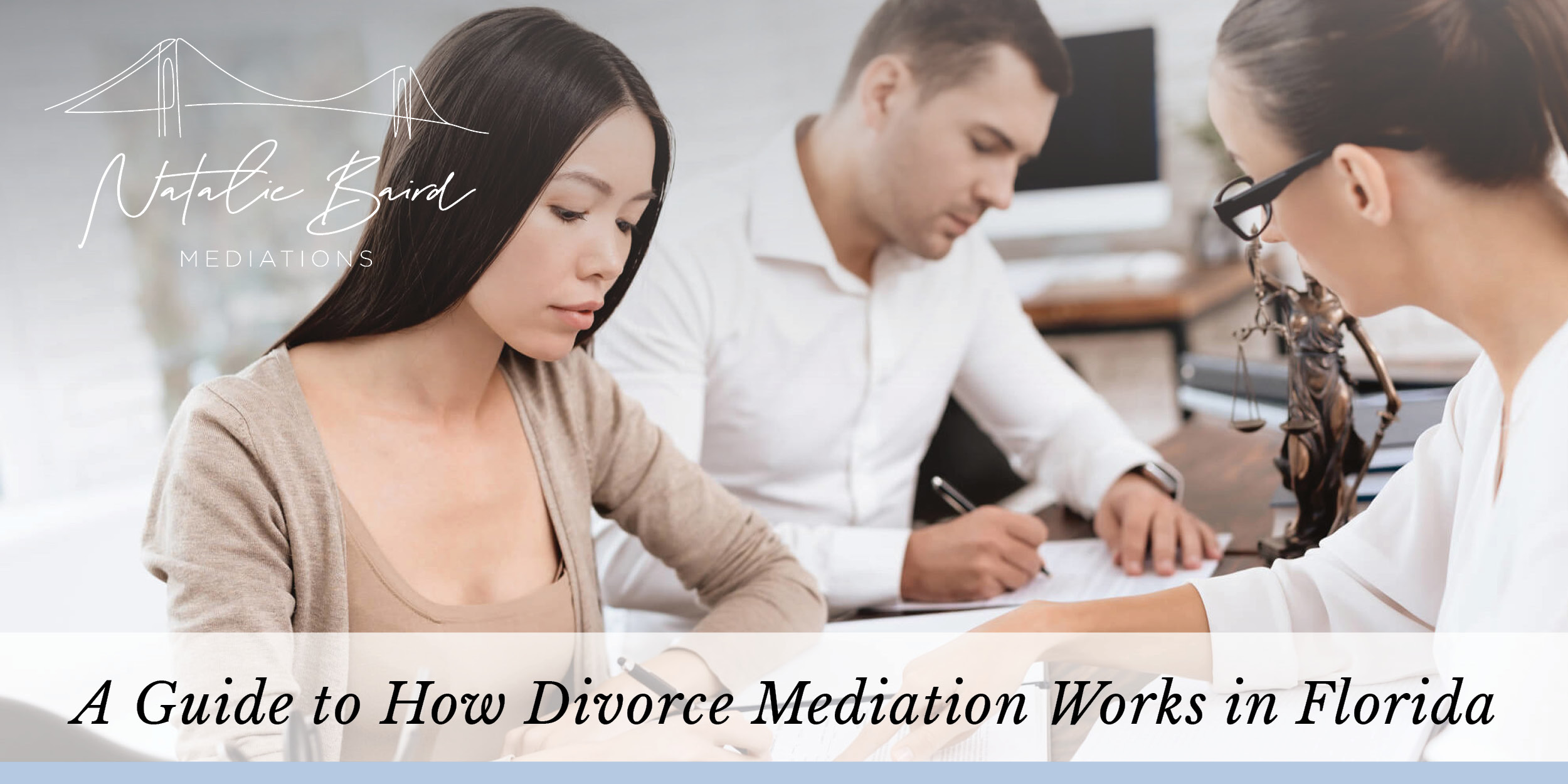A Guide to How Divorce Mediation Works in Florida
Divorce is never an easy experience, especially when there are high stakes involved such as property and children. The legal system can take a toll on both parties involved and it may be a costly and time-consuming affair. However, mediation offers an alternative way of resolving disputes before, during, and even after divorce.
In this blog, we will look at how divorce mediation works in the state of Florida, its requirements, and the stages involved.
When Can You Use It?
Divorce mediation can be utilized before, during, and after divorce process. Before divorce, it can be an option to explore reconciliation or to settle some of the issues of divorce without going to court. During divorce, mediation can be used to resolve disputes that have arisen during the process. Finally, after divorce, it can be used to modify some of the terms of the divorce settlement that may have been agreed on earlier.
Is Divorce Mediation Required in Florida?
Divorce mediation is not mandatory in Florida. However, most courts encourage mediation as it can be a more efficient and cost-effective way to resolve issues. It should be noted that in some counties, such as Hillsborough, Pasco, and Pinellas, mediation is required before going to court. Additionally, disputes over child custody or other family issues may be required.
Stages of Divorce Mediation
Introductions: The mediator will meet with both parties involved and explain their role in the mediation process.
Information Gathering: Both parties will be asked to provide documentation and information on their assets and liabilities. Child custody and visitation plans, as well as financial statements, may be needed as well.
Identifying Spousal Interests: The mediator will encourage both parties to discuss their interests and concerns. This will help to identify areas that can be settled without going to court.
Exploring Settlements: The mediator will work with both parties to explore options that will satisfy both parties. The goal is to arrive at an agreement that is fair to both parties.
Negotiation and Settlement: Finally, the mediator will facilitate negotiations between both parties. If a settlement is reached, it will be drafted and signed, making it binding.
Final Thoughts
Divorce mediation can be a useful way to resolve disputes, save time and money, and reduce stress, especially for couples going through a painful divorce. Florida courts may not require its use, but mediation is highly encouraged. If you’re in Florida, seeking guidance from an experienced and qualified mediator like Natalie Baird-King can help make the process much easier. By understanding the stages involved, you can help to ensure that you have a successful outcome in your divorce. With collaboration and a focused effort, both parties can look forward to moving on with their lives after divorce.
To get started on your mediated divorce, reach out to Natalie Baird Mediations or schedule your first session online.

